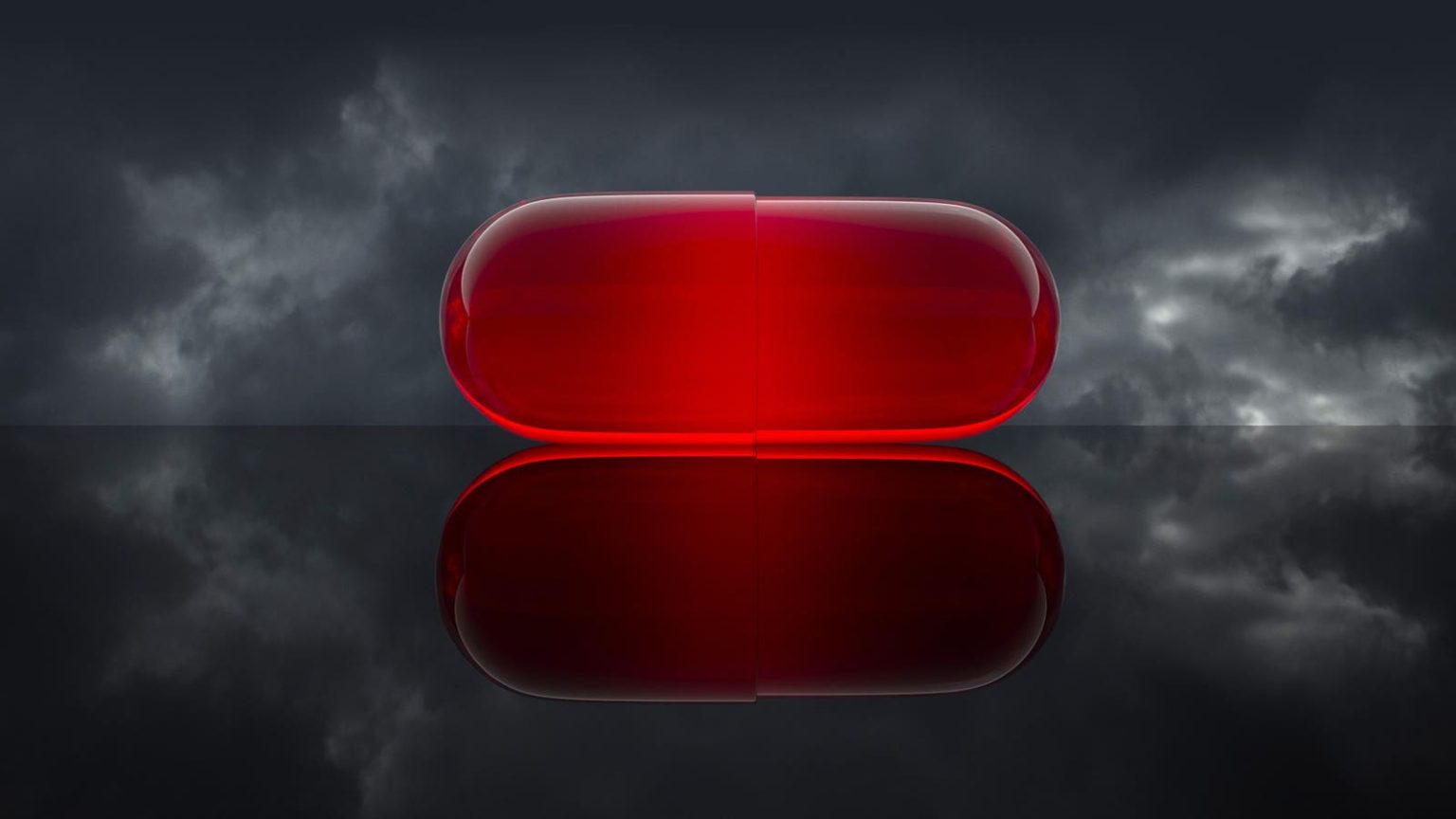In a recent article by Forbes staff writer Alex Knapp, it was highlighted that the pharmaceutical industry may soon face the impact of tariffs as part of President Trump’s economic policy. While Trump has promised to lower drug prices, his plan to impose tariffs on imports could have the opposite effect, leading to higher costs for consumers and potentially hindering innovation in drug development. Historically, medications have been spared from tariffs, but Trump’s proposed universal tariffs would likely affect all pharmaceutical imports from countries like China, Mexico, and beyond.
The United States imports a significant amount of pharmaceuticals from China, totaling about $10.2 billion a year, which includes essential medications like heart medication, cancer treatments, and antibiotics. Even domestic manufacturers rely on global supply chains for key ingredients, with an estimated 72% of active pharmaceutical ingredients being produced overseas, including 13% from China. This reliance on international suppliers makes the pharmaceutical industry vulnerable to the impact of tariffs, which could lead to increased prices for consumers.
According to Mariana Socal, an associate professor at the Johns Hopkins Bloomberg School of Public Health, shifting drug production from high tariff areas like China to countries with lower tariffs, like India, would be more likely than bringing production back to the United States. The prospect of higher tariffs would also impact innovation in the pharmaceutical industry, as companies may prioritize safer investments over riskier ventures due to increased costs across global supply chains. This could result in a slowdown in research and development efforts in areas like new gene therapies and technology classes.
Tariffs could also contribute to the Federal Reserve raising interest rates again to control inflation, which in turn may have a cooling effect on investment in risky ventures. While some American companies that have already invested in domestic production capacity, such as W.R. Grace, may benefit from tariffs, the overall impact on drug prices would still be significant. Dave Latshaw, CEO of drug development company BioPhy, noted that the increased costs associated with tariffs would make speculative programs even less attractive for pharmaceutical companies, potentially leading to a shift in focus towards more stable investments.
Overall, the pharmaceutical industry faces uncertainty and potential challenges as tariffs loom on the horizon. While some companies may benefit from existing domestic production capacity, the overall impact of tariffs on drug prices and innovation remains a concern. With the potential for higher costs, companies may need to reassess their investment strategies and prioritize more conservative approaches in the face of economic policy changes.


